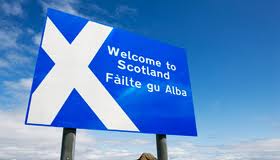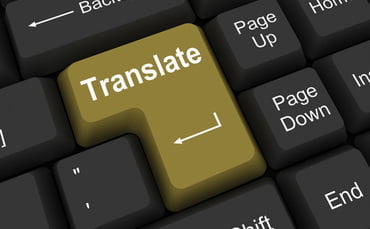There are many types of do cument that require translations, some of which are much more complicated than others, especially those involving technical translation. It could be a manual for maintenance technicians and engineers, a report of a clinical trial or a patent translation.
cument that require translations, some of which are much more complicated than others, especially those involving technical translation. It could be a manual for maintenance technicians and engineers, a report of a clinical trial or a patent translation.
When a language service provider, such as Business Language Services, receives such projects, they need to use subject matter experts. These translators are knowledgeable in the subject, and could be practitioners as well, such as technicians, engineers, doctors or solicitors.
Technical Translation: Specific language and terminology
Technical translation in all fields will often have very specific, unique terminology. For example, in the case of a clinical trial translation that is aimed at doctors, a translator with the proper technical training and education in medical science should be employed. The language and the terms to be used should be precise and the terminology must be appropriate and specific to the customer’s product or service, and in accordance with the customer’s style guide (when present), as the target readers should explicitly understand the translation.
In cases like this, knowing the language is just not enough. Accuracy is of the utmost importance, and the translator must be knowledgeable in the subject at the same level as the target audience. Not being able to use a subject matter expert for technical translation can have dire consequences, and can cause accidents, irreparable damage and even costly lawsuits.
To illustrate it simply, let’s say that you bought a new technologically-advanced product. An assembly manual as well as an operating manual is included. If the document is poorly translated, even if it is in a language that you fully understand, how will you be able to properly assemble the device? In the same manner, if the operating manual does not give you the right instructions, how will you use the product? This is just a simple example of why it is crucial for technical translation to be done by subject matter experts.
Consequences of a Poor Technical Translation
Just imagine a case where an industrial accident occurred as a result of an operating manual not being translated properly. A court case could be dismissed or retried due to bad translations. Not providing the proper translation of a patent application might cause it to be rejected. Proper care for a patient might not be provided because the product information is not properly explained. An improperly translated marketing material might offend target audiences. Mistranslations can put lives at risk in the case of any documentation relating to miners, operators and on-site engineers in general. A poorly translated document can have very serious consequences to businesses as mistranslated documents may damage a company’s reputation drastically and irrevocably.
If you’re a customer and you need technical translations, make sure that the language service provider you rely upon has subject matter expertise in the field relevant to your document.

